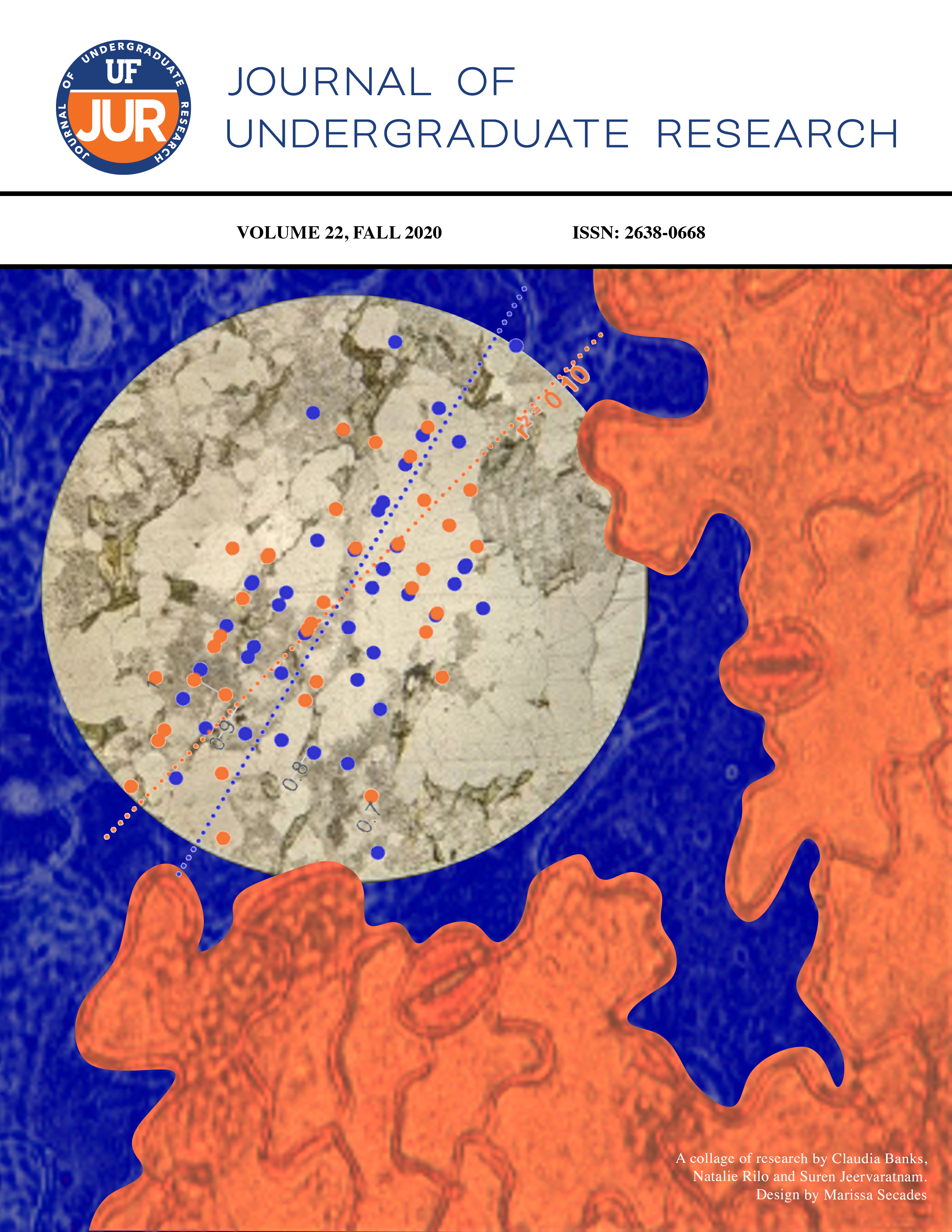Discrete Event Simulation of a Specialty Outpatient Clinic to Improve Patient Flow
DOI:
https://doi.org/10.32473/ufjur.v22i0.121816Keywords:
Arena Simulation, Discrete Event Simulation, Health Systems EngineeringAbstract
The objective of this study was to test the validity and efficacy of discrete-event simulation (DES) in modeling a specialty outpatient clinic, and to apply the model to predict how the clinic could improve their patient flow. Arena software was used to develop this DES model. Real-life model inputs included the time that patients spent in each clinic process, clinic room utilization rate, and physician room schedules. The DES was validated via a comparison between the model’s outputs and raw clinic data, and further validated by clinic leadership. Once validated, the DES was modified to represent different scenarios, such as changes in clinic scheduling and resource usage. Analysis of the models revealed that adding two volunteers to escort patients in the morning and afternoon would decrease the queue time to see a physician by 33.9% and 65.2% respectively. The model results also suggested that there is not enough congestion in the clinic to warrant changingthe clinic scheduling from fixed room scheduling to un-assigned room scheduling. The results of the this study support the usability of DES in the modeling and analysis ofspecialty outpatient clinics to provide decision support.
Downloads
Published
Issue
Section
License
Some journals stipulate that submitted articles cannot be under consideration for publication or published in another journal. The student-author and mentor have the option of determining which journal the paper will be submitted to first. UF JUR accepts papers that have been published in other journals or might be published in the future. It is the responsibility of the student-author and mentor to determine whether another journal will accept a paper that has been published in UF JUR.

